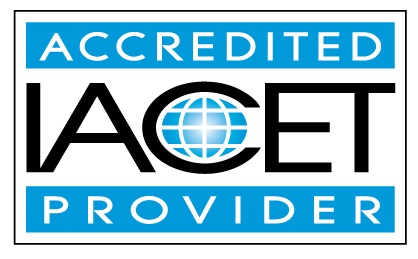Description
Clients with complex neuromotor conditions rely on adapted positioning to support functional postures, including spinal curvature, and increase activity participation. Application of 24 hour positioning and complex rehab equipment can be instrumental in medical management of abnormal tone and spinal asymmetry, support active functional positioning and provide optimal surgical outcomes. When surgical intervention is recommended, pre- and post-surgery positioning must be considered. It is important for the seating team to work with the surgical team to create an optimal positioning plan of care. Without this step, the client may not have functional options to adapt their posture following the surgery and will be placed into a seating system that does not support or compliment the surgical intervention. An Orthopedic Seating Protocol, for non-surgical and surgical clients with complex neuromotor conditions, including spinal curvature, has been developed by our clinic and will be presented.
Learning Outcomes:
The participant will be able to define Complex Neuromotor conditions, 24 hour positioning and Complex rehab equipment including an overview of the equipment evaluation process.
The participant will be able to discuss the importance of external positioning for the client with abnormal tone and postural asymmetry, specifically neuromuscular scoliosis. Including some case study.
The participant will be able to use an Orthopedic Seating Protocol, for non-surgical and surgical clients with complex neuromotor conditions.
Melissa Tally, PT, MPT, ATP is a Physical therapist and Coordinator of Occupational and Physical Therapy at the Perlman Center at Cincinnati Children’s Hospital Medical Center. She has worked at the Perlman Center for 20 years. She has experience serving children with a variety of complex diagnoses including CP, DD and other neuro-motor conditions. She has provided therapy within the Early Intervention and Early Childhood programs. Additionally, she specializes in the area of assistive technology and adapted equipment. She performs comprehensive equipment evaluations and treatment, with a focus on 24 hour positioning, for both children and adults who present with significant physical disabilities. In addition to serving patients, she also provides training, advocates for funding and supervises a staff of occupational and physical therapists at the Perlman Center.


